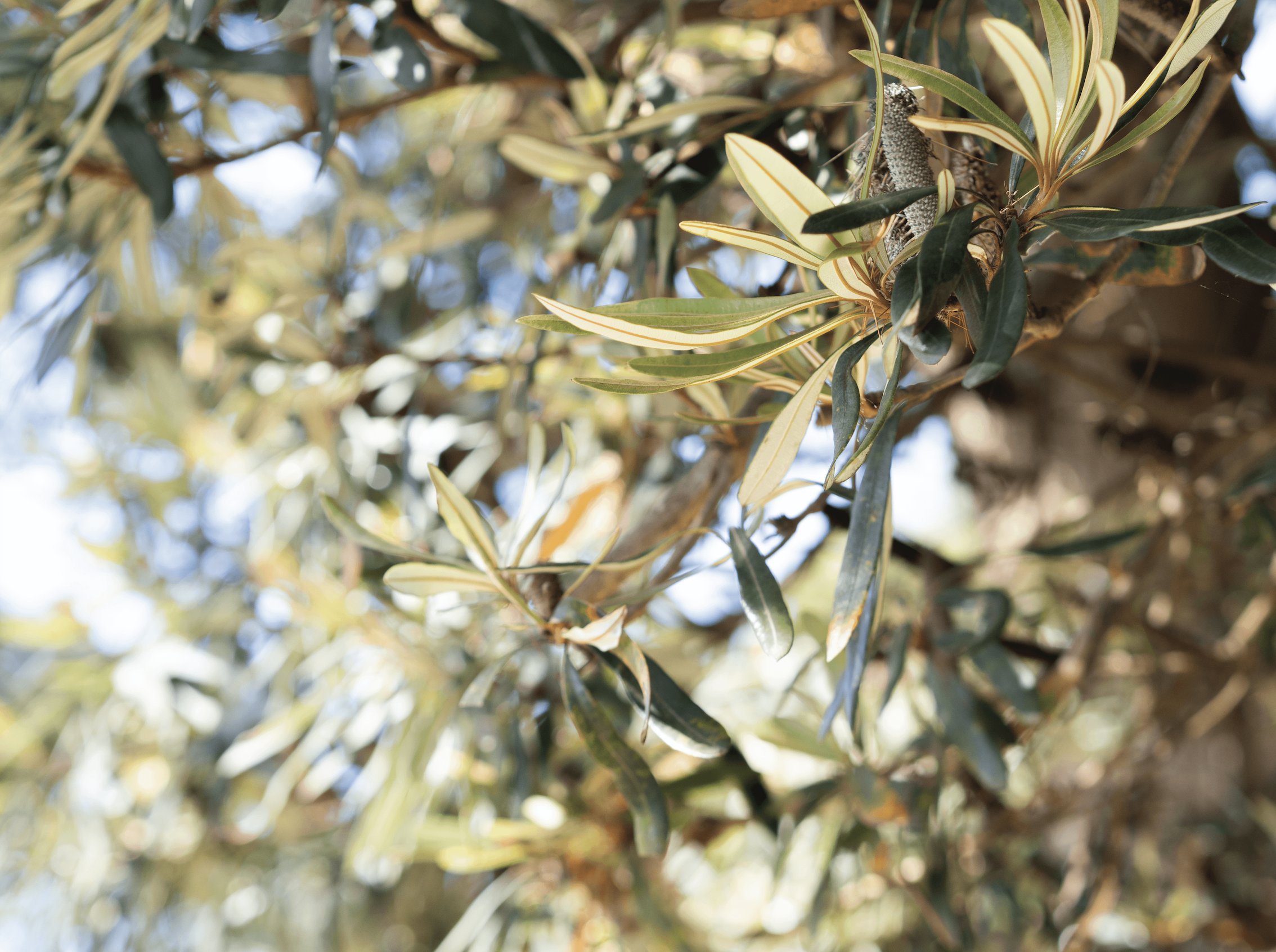
How Restorative Practice Works at Woodleigh
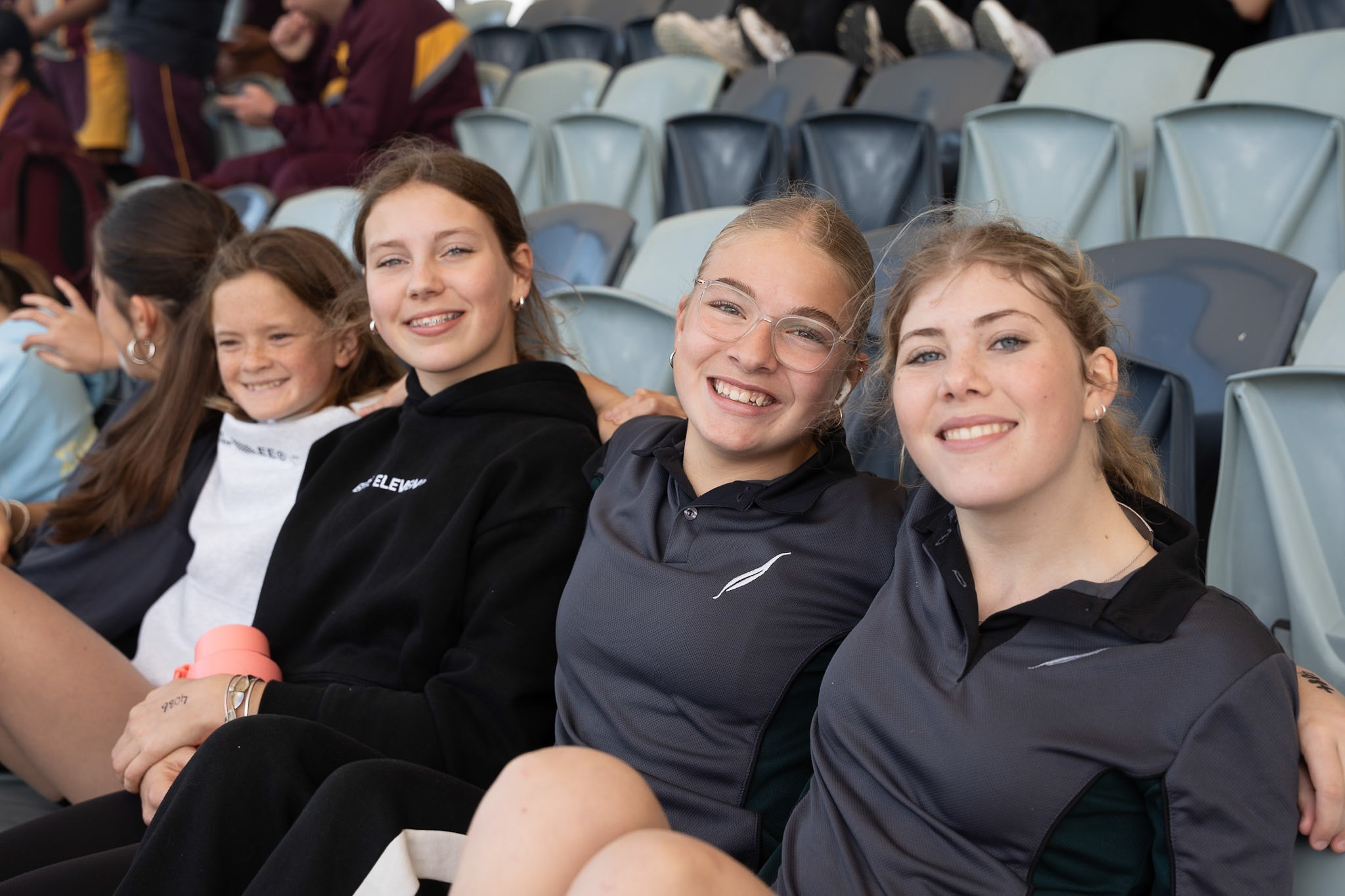
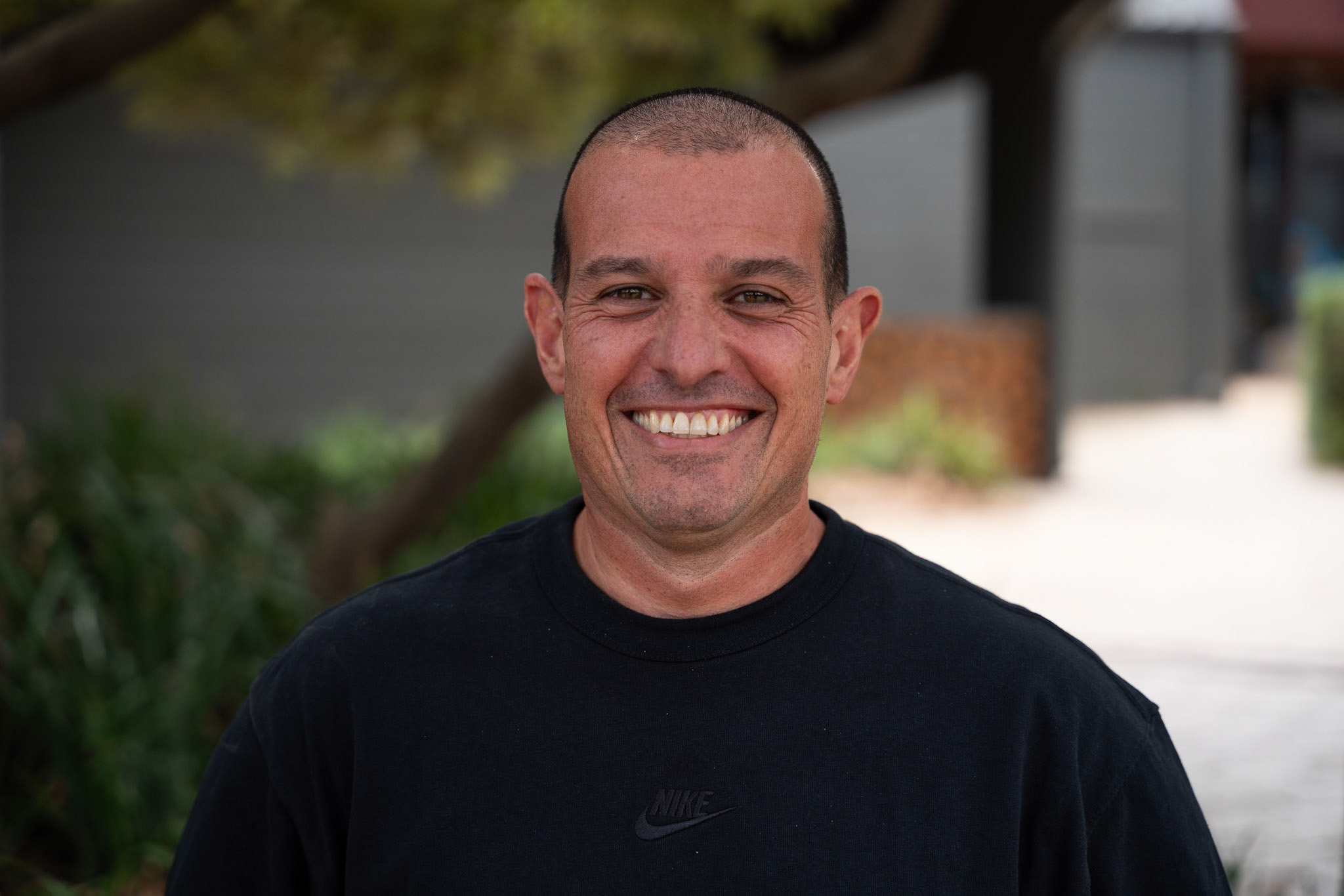
Share this article
For adolescents, it’s not a matter of if challenges arise, but when. How we respond makes all the difference. When challenges occur at Woodleigh, our focus is on understanding and taking action, rather than imposing punitive punishments. It’s not a case of ignoring what’s happened and there are consequences, but they’re thoughtful and fair.
As educators working closely with adolescents, we seek to understand their behaviour and address it, rather than focusing on the student as the 'problem'. Students are at the heart of everything we do. We work with them, not on them, guided by the belief that “If it’s about me, then it’s up to me.” Adolescents will push boundaries and make mistakes on their journey to adulthood and our role is to work with them.
If a Woodleigh student were to impact others through lashing out, exclusion or acts in frustration, we don’t rush to judgment. Our approach is to pause, listen and talk with everyone involved and work with students through this considered process. We help students explore how they are feeling through warm, open conversation and talk through what led to the moment. The discussions we have aren’t just about behaviour, they’re about the person behind it.
Restorative Practice empowers adolescents to take accountability without fear of judgment. It builds emotional awareness and capacity for healing. In contrast, traditional punitive methods may suppress behaviour temporarily but leave behind shame, disconnection and missed opportunities for growth.
Restorative Practices are used at Woodleigh to repair relationships that have been damaged. Restorative conversations allow those involved to share how they have been impacted and for those who have caused harm to hear this. Additionally, it provides the harmed person with an opportunity to hear the other person’s plan to make amends, reflect on their actions and, with guidance, identify steps to take to repair the relationship. It is not about letting go or being coerced to forgive, it is about being part of a process where they feel safe, supported and listened to. This process is not a quick fix; it takes time, and we need to ensure all voices have been heard. This approach encourages students to act with compassion.
Imagine two students have had a verbal altercation. There’s a history of tension between them, and on this particular day, it has spilled over, and one student walks away more hurt than the other. A traditional disciplinary response might involve shutting it down with a suspension or detention - without conversation. Punishing the student without addressing any underlying cause can often be a temporary solution to appease one side; however, this isn’t a sustainable solution and removes the opportunity for a meaningful change.
What if the same two students are invited into a healthy, guided conversation? They can speak up, they can listen and then begin to understand how and why they have hurt or been hurt by the other person. It is possible that the friendship may not return to what it was, but next time a similar challenge arises, the cause and effect may unfold differently. They can both walk away with dignity and this has benefits well beyond the isolated incident. It is possible that the two students involved may still leave these discussions not feeling totally satisfied; however, it does provide them with a sense of clarity that we are addressing the behaviour and not the person. That being said, there may still be consequences for the behaviour that has taken place.
Sustainable Restorative Practices are designed to achieve genuine results, rather than quick fixes, and all parties play a role in resolving the issue. Along the way, students become more aware of how their actions impact others, how to manage their emotions and how to move forward. This process allows students to become kind, compassionate and resilient members of the Woodleigh community. As they grow and develop beyond their school years, they take these skills with them into their personal lives and workplaces.
Our staff are trained and skilled in having restorative conversations with students, as we believe that these lessons are as valuable as academic achievement. A restorative approach helps students reflect on, deeply understand and respond mindfully and compassionately to the complexities of real-world experiences and relationships.
Respect for self, others and the environment is embedded into daily teaching and learning. Affectionately referred to as the '3Rs', these values live within our Woodleigh community. Cultivating open minds and empathy helps to develop kind humans who can work toward a better future.
Schools are not buildings, curriculum timetables and meetings. Schools are relationships and interactions among people.
At Woodleigh, we live this each day.
Connection and relationships are at the heart of what we do. When students feel safe, seen and heard, they’re in a better position for their learning and growth to flourish.
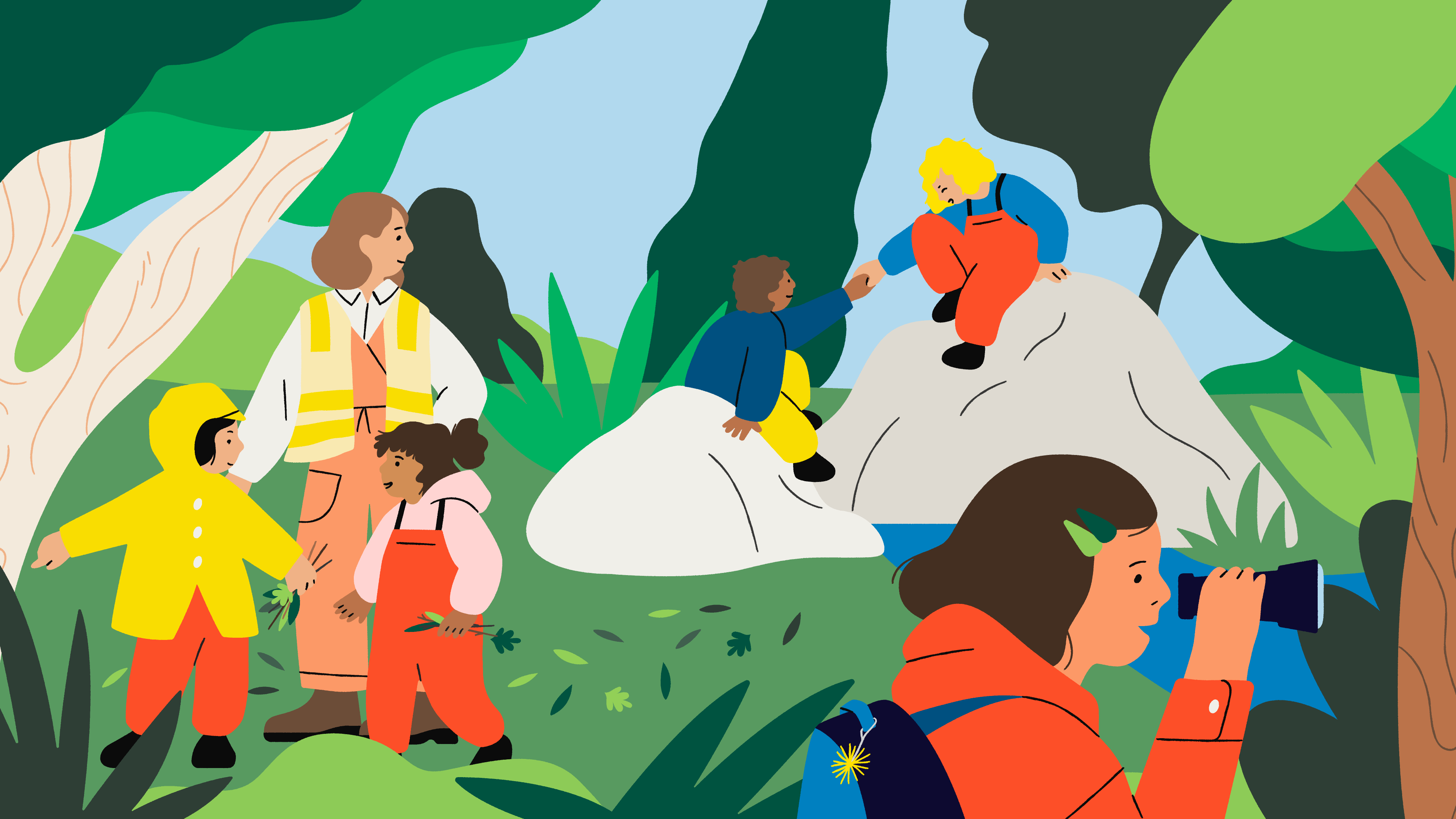
Stories from Woodleigh
For a glimpse into the academic and adventurous life of Woodleigh kids, jump in and take a look around the grounds...
Keep reading
More articles from Woodleigh School
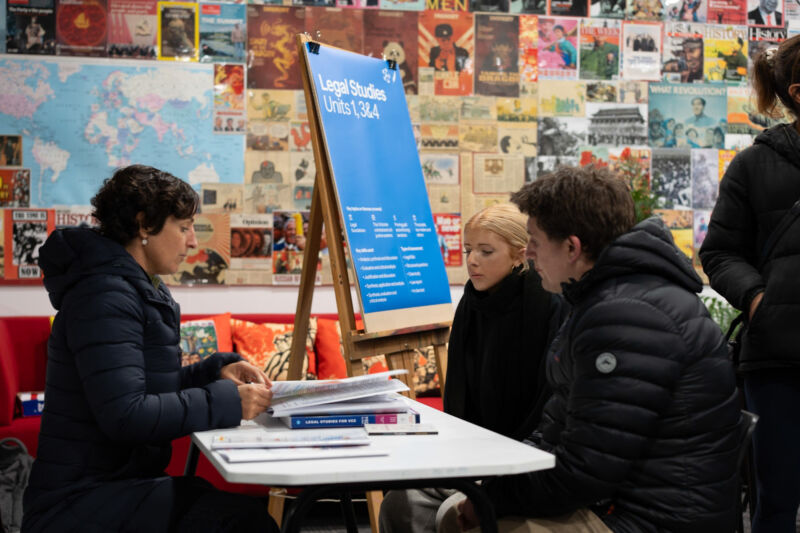

Head of Careers, Woodleigh School
Confident, values-driven choices through academic rigour and real-world learning.
Continue Reading

Lead Teacher, Minimbah Campus
By James Clapham. In today’s world, children are absorbing more information than ever - about climate change, global conflict, artificial intelligence and social inequality. But knowledge on its own can be completely overwhelming. Without the tools to make meaning, many children are unprepared for the complexity of the world around them. So what can we do?
Continue Reading

Director of Learning - Primary Years
Joyful ones. At Woodleigh, learning is a dynamic, values-driven process. Guided by the IB Learner Profile, students cultivate curiosity, empathy and agency. More than just students, Woodleigh learners are thoughtful contributors to a complex and evolving world.
Continue Reading